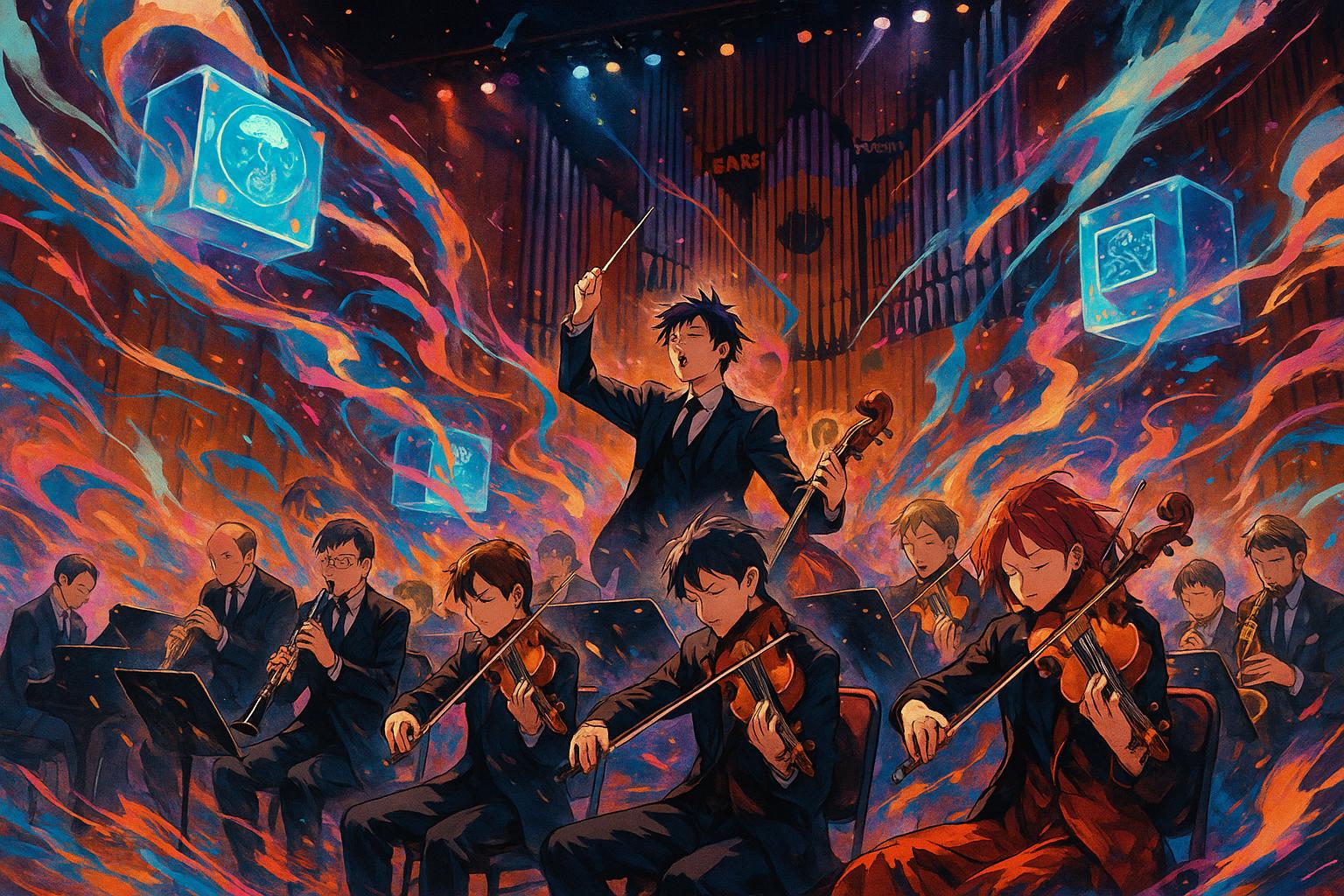In an evening marked by artistic innovation overshadowed by a lacklustre audience turnout, the Barbican's centenary celebration of the influential composer Pierre Boulez showcased the Ensemble intercontemporain and raised questions about contemporary engagement with avant-garde music. The ensemble, renowned for its commitment to new compositions, delivered a programme that, while dynamic and exciting, struggled to attract a significant crowd. This sentiment mirrored Boulez's own thoughts on audience engagement: “You always find 200 fanatics… What is important is to increase the number,” a reflection more relevant than ever in today’s fragmented cultural landscape.
The concert opened with Hannah Kendall’s "shouting forever into the receiver," a work that has already garnered acclaim, winning an Ivor Novello Award in 2023. Kendall’s composition is a poignant exploration of the concept of the “Plantation Machine,” articulated by the Cuban writer Antonio Benítez-Rojo. The piece uniquely incorporates elements of pitched white noise alongside fractured communication, using a mix of French and English dialogues delivered through walkie-talkies. The most striking moment came when the orchestration paused, leaving soft, mechanical music boxes and harmonicas to create an ethereal, haunting atmosphere—a musical commentary on the cyclical nature of history and memory.
Following Kendall's work was the much-anticipated world premiere of Cassie Kinoshi’s "[Untitled]." Kinoshi, a prominent figure in the contemporary music scene, brought an energetic flair to the evening, blending live turntablism, visuals from artist Julien Creuzet, and choreography from tyroneisaacstuart. The collaboration resulted in a piece that was both sonically rich and visually arresting. Critics noted its intricate layers, as the orchestra supported NikNak’s skillful scratching, creating a vibrant tapestry of sound. The work showed Kinoshi’s ambition to intertwine diverse musical elements, culminating in a thrilling climax where the orchestra fell silent, leaving only the dynamic loop patterns from the turntable.
Boulez's own work, "Sur Incises," provided a dramatic contrast after the interval. Conductor Nicolò Umberto Foron led the ensemble through passages that oscillated between precise rhythmic patterns and freefalling sonorities. While his music has often been associated with complex structures and intellectual rigor, this performance highlighted its emotional depth and textual richness, yet elicited mixed reactions from the audience—a reminder of Boulez’s complex legacy and the challenges facing contemporary classical music.
Despite the modest attendance, the evening was anything but ordinary. Critics have hailed the Barbican’s commitment to showcasing pioneering compositions and celebrating figures like Boulez, whose music continues to influence generations. The juxtaposition of powerful themes—historical memory in Kendall’s work and contemporary identity in Kinoshi's—suggests a vital discussion around the relevance of avant-garde music today.
As the Barbican continues its exploration of 20th-century musical legacies and contemporary interpretations, the challenge remains: how to draw in new audiences captivated by the complexities of modern composition. For now, it seems the fanatics will persist, holding onto their passion for challenging music in hopes of inspiring a broader community of listeners.
Reference Map:
Source: Noah Wire Services
